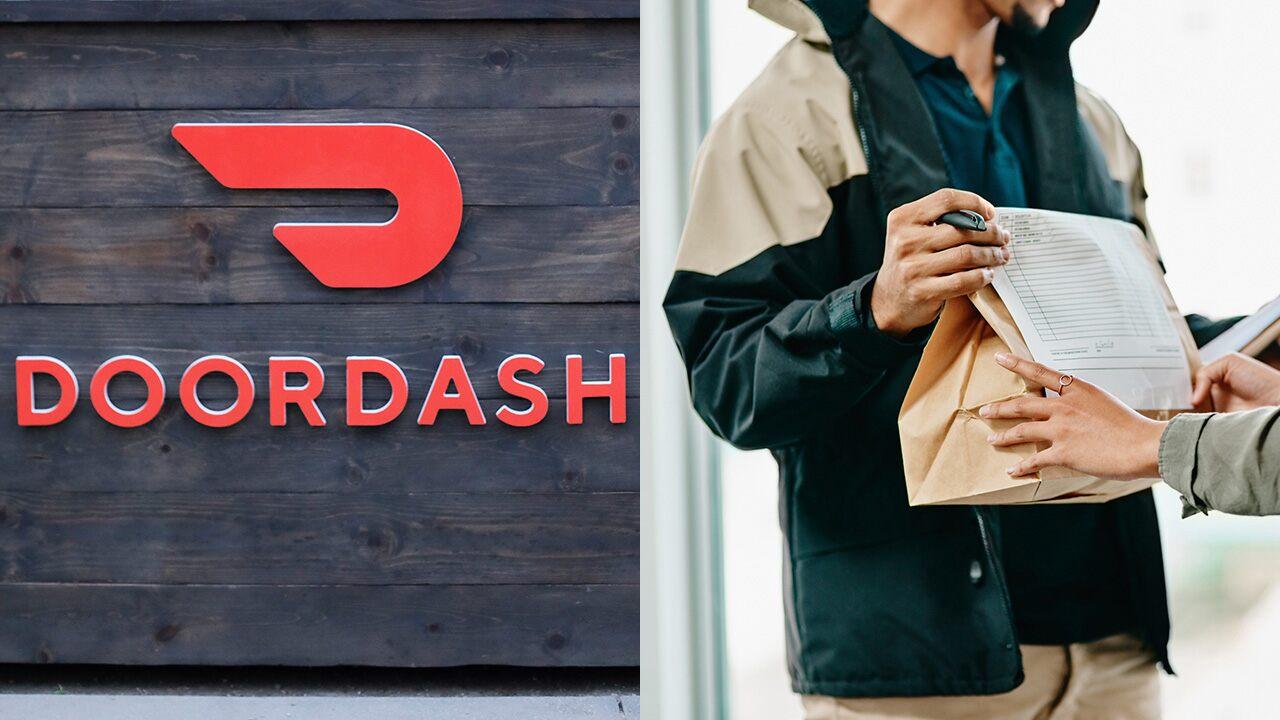Vaccine rollouts slow down DoorDash orders
Service posted a bigger quarterly loss than expected in its first results as a public company
Food delivery company DoorDash Inc expects fewer customer orders in the back half of the year as the coronavirus vaccine rollouts embolden more people to venture out to restaurants and cafes, after nearly a year of staying indoors.
San Francisco-based DoorDash's shares fell 12% in extended trading after it also posted a bigger quarterly loss in its first results as a public company following its blockbuster initial public offering in December.
DOORDASH IPO DELIVERS BIG, SHARES SOAR 86%
The company, which competes with Uber Eats, GrubHub Inc and Postmates Inc, saw sales boom from consumers ordering food and grocery online as government-ordered restrictions and fear they would contract the coronavirus kept them at home.
| Ticker | Security | Last | Change | Change % |
|---|---|---|---|---|
| DASH | DOORDASH INC. | 182.47 | -1.39 | -0.76% |
| UBER | UBER TECHNOLOGIES INC. | 74.77 | -0.44 | -0.59% |
| GRUB | NO DATA AVAILABLE | - | - | - |
DoorDash said the vaccine rollouts and consumers returning to stores would coincide with the seasonally softer second and third quarters.
INSIDE DOORDASH'S GROWING BUSINESS
"We're assuming that as the vaccine gets fully rolled out ... consumer behavior will start reverting back to peak COVID levels," Chief Financial Officer Prabir Adarkar told analysts.
The company forecast 2021 marketplace gross order value between $30 billion and $33 billion and in the range of $8.6 billion to $9.1 billion for the current quarter. In the fourth quarter ended Dec. 31, they rose 227% to $8.2 billion.
First-quarter adjusted earnings before interest, taxes, depreciation, and amortization are expected to take a hit from recently imposed caps on fees it collects from restaurants and the passage of Proposition 22, a law that classifies its drivers or "dashers" as contractors.
CLICK HERE TO READ MORE ON FOX BUSINESS
Fourth-quarter revenue rose more than three-fold to $970 million. But net loss widened to $312 million from $134 million a year earlier.
"The hope was that it would be better given the high success of the IPO ... (and) if they don't have amazing numbers during the pandemic, that's probably what investors are looking into," Forrester Research Retail analyst Sucharita Kodali said.




















